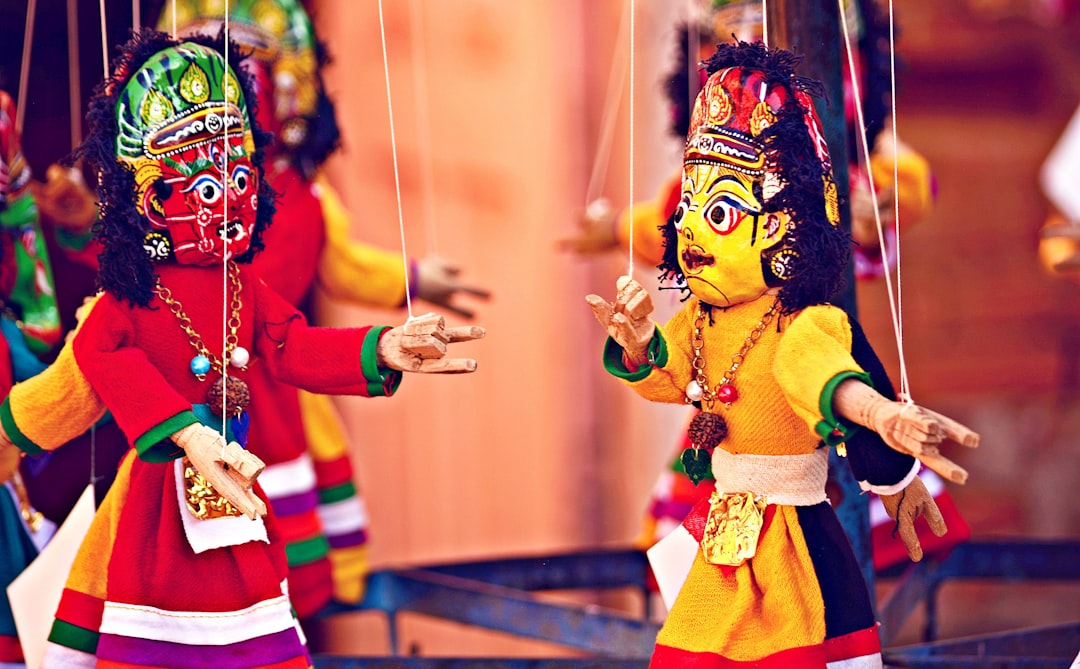What is it about?
This paper explores the meaning of Confucian de 德 (often translated as virtue). Using intertextual discussions with texts from the Book of Rites 《禮記》supplemented by the Analects《論語》, the Mengzi 《孟子》, and the Xunzi《荀子》, the paper argues that ritual (li 禮) and virtue are closely interrelated. Without ritual, virtue is raw. Without virtue, ritual is barren. De’s interrelationship with ritual is central to Confucian ethics. Ritual is constitutive for all Confucian virtues. This central thesis coupled with subsequent features such as de’s aesthetic dimension and thick interpersonal relationships demonstrate that the Confucian de has multilayered meanings that neither the contemporary concept of virtue nor the Aristotelian arête can fully capture its meanings.
Featured Image

Photo by Content Pixie on Unsplash
Why is it important?
My analysis advances an unusual thesis that ritual is essential to developing and perfecting virtue, especially amid a contemporary culture of intensified violence, ethnic strife, and self-glorifying rudeness.
Perspectives
I hope this article bring new perspective on the importance of ritual in moral life as well as Confucian innovation on the concepts of self and other, respect, virtue and well-being. In writing this article, it was a great joy to bring the Book of Rites/Rituals in conversation with the Analects, the Mengzi, and the Xunzi on the essence of rituals, and to bring it in dialog with virtue ethics tradition in the West. I hope you enjoy my findings.
Ann Pang-White
The University of Scranton
Read the Original
This page is a summary of: Virtues and the Book of Rites, Journal of Chinese Philosophy, February 2021, Brill,
DOI: 10.1163/15406253-12340004.
You can read the full text:
Contributors
The following have contributed to this page










